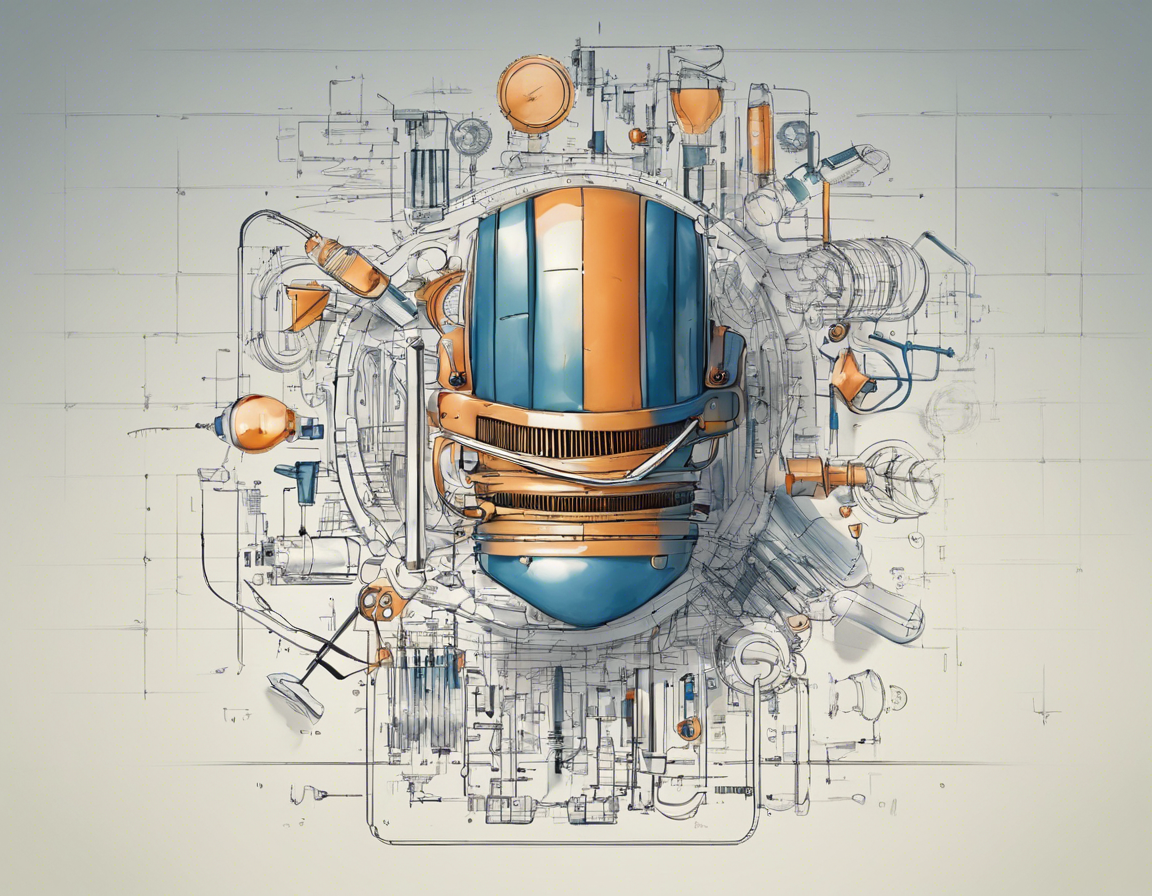Engineers play a crucial role in shaping the world we live in today. From designing innovative solutions to tackling complex problems, engineers are at the forefront of driving progress and creating a better tomorrow. As we celebrate Engineers Day, it’s essential to recognize the significant contributions that engineers make to society and the economy. This blog post will delve into the diverse field of engineering, the impact of engineering on various industries, and the future of this dynamic profession.
The Evolution of Engineering
Engineering is a diverse field that encompasses a wide range of disciplines, including civil, mechanical, electrical, chemical, and computer engineering, among others. Each discipline plays a vital role in solving unique challenges and pushing the boundaries of innovation. Engineering involves applying scientific and mathematical principles to design, develop, and test products, systems, and structures to improve the quality of life and drive technological advancement.
Importance of Engineering in Society
Engineering has a profound impact on society, from providing clean water and infrastructure to developing cutting-edge technology and medical devices. Engineers are instrumental in addressing global challenges such as climate change, energy sustainability, healthcare, and transportation. The work of engineers touches every aspect of our daily lives, from the smartphones we use to the buildings we live in.
Engineering in Various Industries
Engineering plays a critical role in various industries, driving progress and innovation across sectors such as:
- Automotive: Engineers design and develop vehicles that are safer, more fuel-efficient, and environmentally friendly.
- Aerospace: Engineers work on aircraft and spacecraft design, propulsion systems, and navigation technologies.
- Information Technology: Software engineers develop applications, websites, and cybersecurity solutions that power the digital world.
- Biomedical: Biomedical engineers create medical devices, prosthetics, and technologies that revolutionize healthcare.
Each industry relies on the expertise of engineers to push boundaries, overcome challenges, and create groundbreaking solutions that improve efficiency and quality of life.
The Future of Engineering
The future of engineering is filled with exciting possibilities and challenges. As technology continues to advance at a rapid pace, engineers must adapt to new tools, methodologies, and trends to stay ahead of the curve. Artificial Intelligence (AI), Internet of Things (IoT), green technology, and sustainable infrastructure are shaping the future of engineering and opening up new opportunities for innovation and growth.
Trends Shaping the Engineering Landscape
- Sustainable Engineering: With a growing focus on environmental conservation and sustainability, engineers are designing eco-friendly solutions that reduce carbon footprint and promote renewable energy sources.
- Digital Twins: Engineers are leveraging digital twin technology to create virtual models of physical assets, enabling real-time monitoring, predictive maintenance, and performance optimization.
- Additive Manufacturing: 3D printing technology is revolutionizing the manufacturing process, allowing engineers to create complex designs, reduce waste, and improve production efficiency.
- Autonomous Systems: From self-driving cars to drones, engineers are developing autonomous systems that enhance safety, efficiency, and decision-making in various industries.
By embracing these trends and technologies, engineers can drive innovation, improve processes, and create a more sustainable future for generations to come.
Frequently Asked Questions (FAQs)
1. What is the role of an engineer?
Engineers apply scientific and mathematical principles to design, develop, and test products, systems, and structures to solve problems and improve the quality of life.
2. How do engineers impact society?
Engineers play a crucial role in society by developing solutions that address global challenges, improve infrastructure, enhance technology, and drive innovation across various industries.
3. What are the different fields of engineering?
Engineering encompasses diverse disciplines such as civil, mechanical, electrical, chemical, computer, aerospace, and biomedical engineering, each focusing on specialized areas of study and application.
4. How is technology shaping the future of engineering?
Technological advancements such as AI, IoT, additive manufacturing, and autonomous systems are driving innovation in engineering, enabling new opportunities for sustainable solutions and enhanced efficiency.
5. What skills are essential for engineers?
Critical thinking, problem-solving, creativity, teamwork, communication, and adaptability are essential skills for engineers to excel in their field and drive meaningful change through innovation.
Conclusion
As we celebrate Engineers Day, let us acknowledge the invaluable contributions of engineers in shaping the world we live in and paving the way for a brighter future. From groundbreaking innovations to sustainable solutions, engineers play a pivotal role in driving progress and creating a better tomorrow for all. As we look ahead, the future of engineering holds limitless possibilities, challenging us to embrace new technologies, trends, and methodologies to continue pushing the boundaries of innovation and making a positive impact on society.
